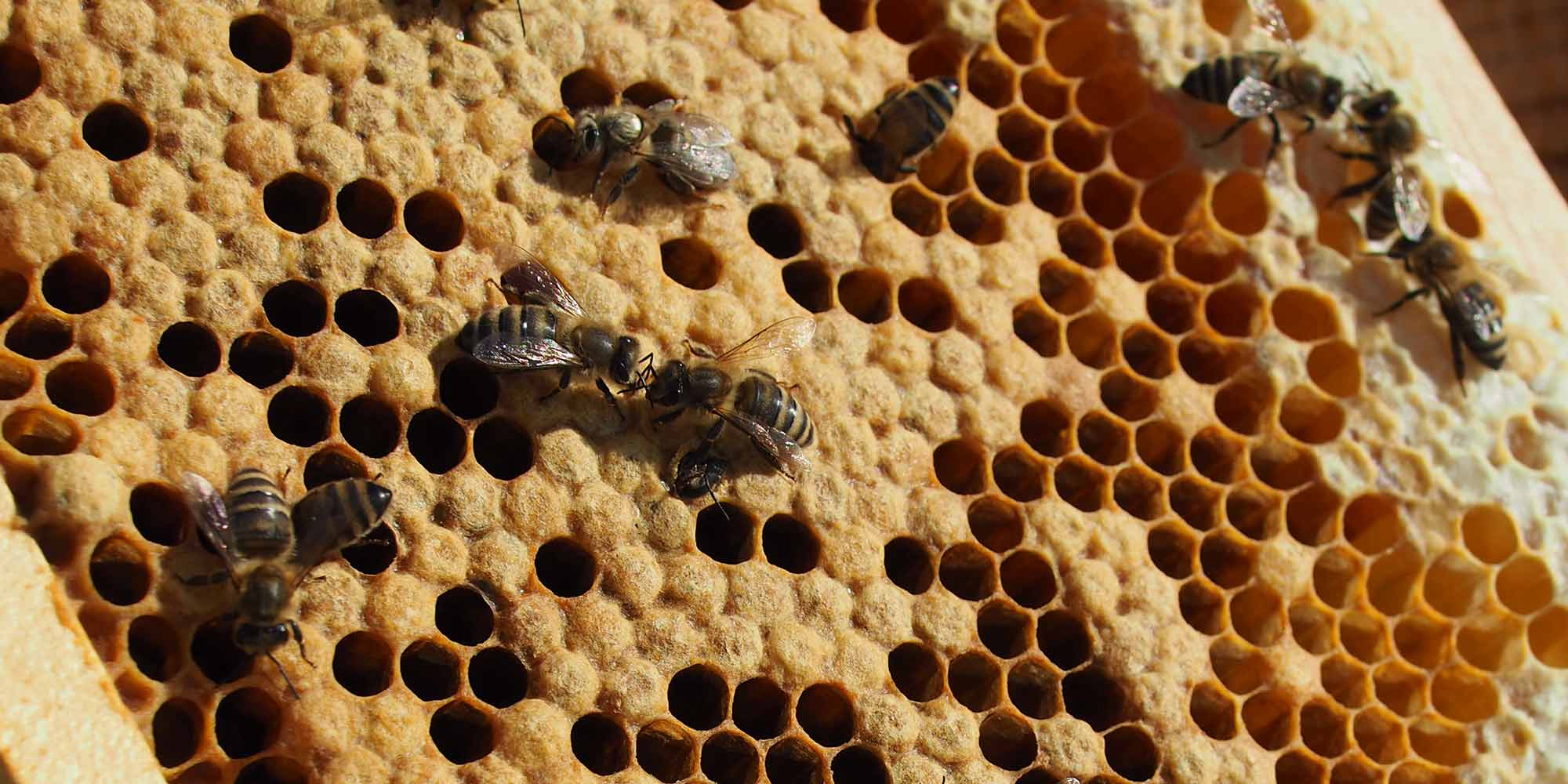Many of us celebrated the turn of the year in the best of company, but now the year 2020 is showing itself from a completely unexpected side: The Corona pandemic is spreading across all continents of the world, placing us humans in a state of emergency such as most of our affluent society has never experienced before. Those who are not affected by the disease themselves are being urged by official measures to stay at home and avoid human contact. Only a few are still on the streets. It seems as if the whole world is standing still.
Nature continues its program, if necessary also without us
On the contrary – it is spring now and it is exactly the time that nature takes to blossom, wake up and get going like every year. Nature has neither interest in us nor pity for us. Flowers sprout, birds build their nests and bees start their exploratory flights. And thanks to our restrictions, the pollution of the environment is lower than it has been for a long time. You’d think 2020 would be the best year in a long time.
“Nature, and therefore the bees as well, are of course not impressed by the virus at all,” says Harald Wohlschlager, an employee of an IT company in Steyr and quasi “house and yard beekeeper” for Ars Electronica bees. Since 2014, he’s been taking care of the bees on the roof of the Ars Electronica Center along with many other “Süßes Gold” [“Sweet Gold”] bee colonies-we’ve already reported on this on the Ars Electronica Blog.
Live picture into the bee colony
Since he, as a beekeeper, also fulfils his duties despite the current situation and takes care of the bees, we asked him to bring some film footage home for us during his routine work.
His tasks now in April are mainly cleaning and expanding the beehive. Behind a glass wall, Harald Wohlschlager can finally work optimally without meeting other people.
„The bee colony is literally exploding at the moment, you can also watch it on the webcam!“
If you would like to visit them online, you have the opportunity to do so at ars.electronica.art/bees. As soon as the first ray of sunshine appears, they have flown out to collect nectar. At night or when it rains, the bees prefer to be at home.
Up to 60,000 of them per beehive will be in one month, the peak of the bee year. We are curious to see what happens next – with us, and with the bees. And what do you think about that, Mr. Wohlschlager?
„In the end, all that remains is to hope that all the suffering and privations that many people now have to take upon themselves will also lead to a change in thinking. Because if we do not take more consideration for our environment, three months of home office will not be enough in the future.“
